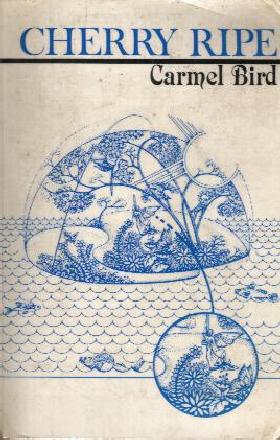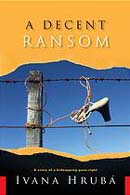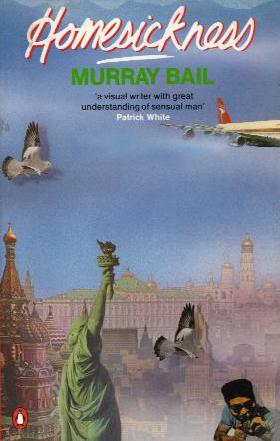The Bushrangers, a play ; and other Poems.
By CHARLES HARPUR. Sydney : W. R. Piddington.
This little volume is the work of a true poet, and one whom we should be inclined to place in a high position among English poets, although the work of any pretension in the volume, as regards length, is a failure - for Charles Harpur.
Like many of the finest poets of England, Mr. Harpur has written a very poor play, poor in reading, and we should judge poor on the stage, if it should ever be produced there, in its present dress. The principal character, Stalwart, the leader of the bushrangers, is drawn indeed with some completeness of individual character, but he is the only " individual" in the play, all the rest passing before the reader as mere sketches. Some beautiful poetry is here and there uttered by Abel, the young settler, but it somehow seems not to be appropriate, and rather jars on the sense than otherwise. Ada, Abel's betrothed, is described by Abel and Stalwart as beautiful and gentle, but the poet fails in conveying a distinct individuality of her to the reader. The talkings and doings of the minor characters do not arouse any interest. We should doubt, from this specimen, Mr. Harper's ability to produce a fine or even a good play-but he may console himself with the reflection that many of the highest poets have equally failed in this particular kind of poetry.
On the other hand, we do not think that some of the smaller pieces of the volume have been excelled in the beauty and life of true poetry by but a very few of the finest poets.
Mr. Harpur's powers as a descriptive poet are of a very high order, and there are many passages in this volume that will be quoted and re-quoted year after year. " The Creek of the Four Graves" is a very fine piece of narrative and descriptive poetry combined, and would alone entitle the author to be held a true poet. And the pieces entitled " The Bush Fire," " Morning," " A Poet's Home," " The Manifold Hills," " The Leaf Glancing Boughs," are entitled to the same praise, but in a less degree.
Another prominent feature of Mr. Harpur's poetry is a fine appreciation of the harmonies existing between the mind of man and the sights and sounds of nature. The pieces already named each exhibit this feature, "A Poet's Home," and " The Creek of the Four Graves," perhaps in the highest degree. The sonnet headed " Poetry," a perilous theme in weak hands, evinces Air. Harpur's fine sense of what true poetry is, and is itself a beautiful specimen of it. " The Voice of the Native Oak," " Emblem," "The Dream by the Fountain," and others also may be named.
Mr. Harpur has in the volume several specimens of amatory poetry, but we cannot speak quite so highly of them ; although beautifully written, they seem to us to want heart. The females depicted are creatures of the poet's imagination, rather than true women.
Some fine patriotic pieces are included in the collection, " My Political Belief" being perhaps the one in which Mr. Harpur most clearly puts forth his patriotic feelings, and a very beautiful sonnet it is. Scattered through the volume are a few misanthropic bits of poetry, which read so curiously after the utterings of his own heart that we cannot but think they were written when Mr. Harpur gave way to a temporary a la Byron feeling, once so common with English poetasters, who could copy, but had no power to give utterance to original thoughts.
Mr. Harpur is quite a master of the art and mystery of writing good sonnets, but the only ballad in the collection, "Ned Connor," although effective enough for a second-rate writer, is scarcely worthy of him.
After a careful reading of the whole volume, we cannot but hope that Mr. Harpur will yet consecrate his genius to some enduring work of a longer and more ambitious character than these brief and fugitive pieces, worthy alike of his powers and of the magnificent country of his birth. The man who could write the "Creek of the Four Graves" could surely write a larger work of the same high merit.
First published in The Maitland Mercury, and Hunter River General Advertiser, 14 May 1853
[Thanks to the National Library of Australia's newspaper digitisation project for this piece.]





